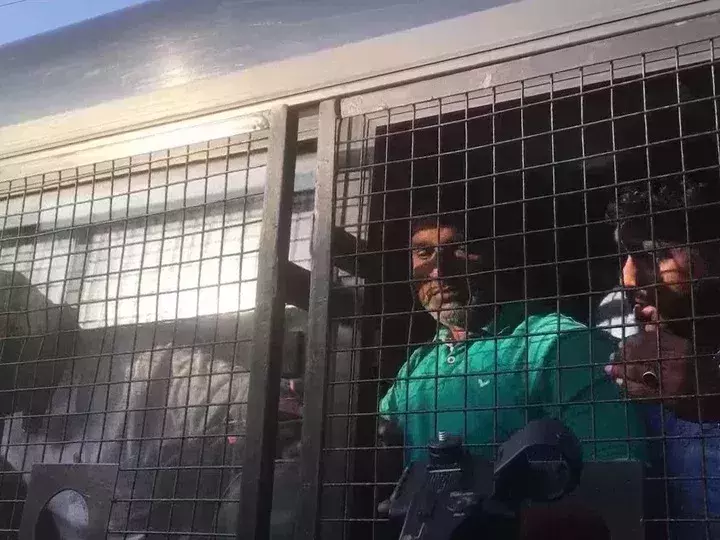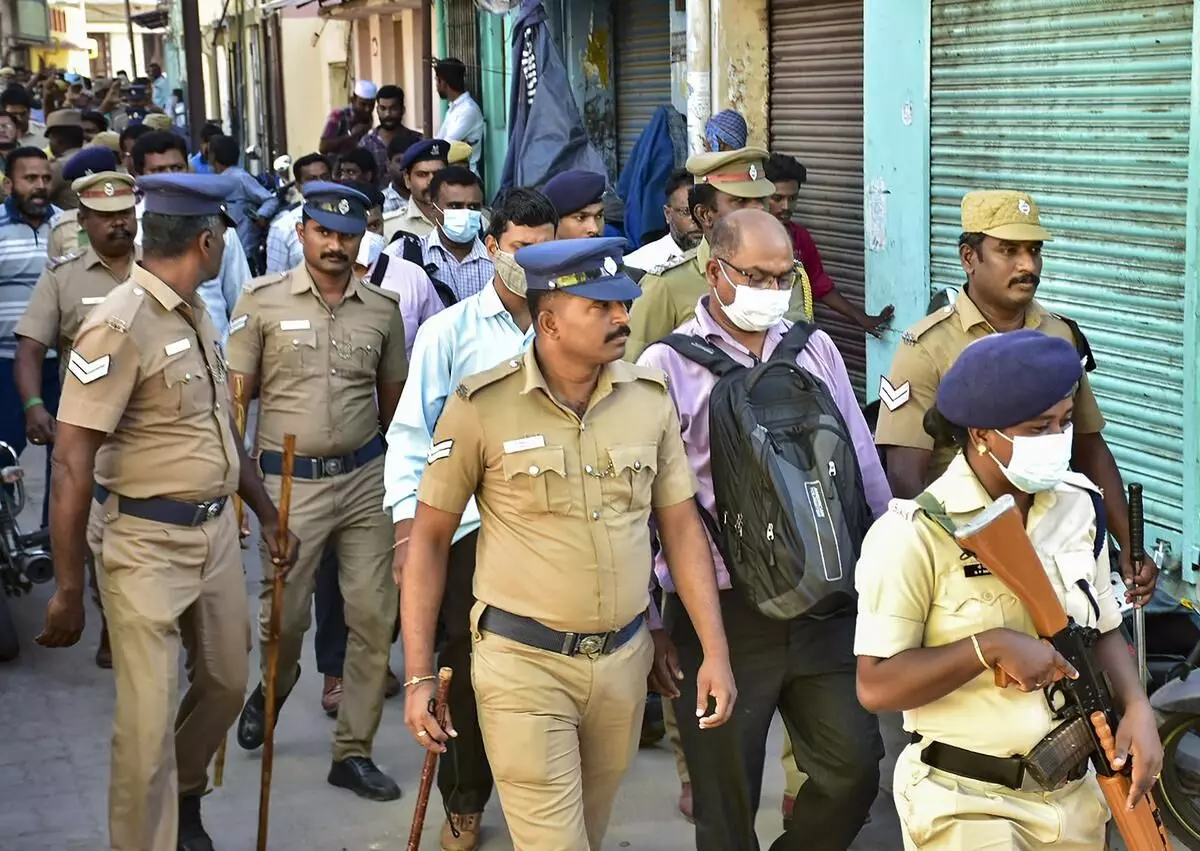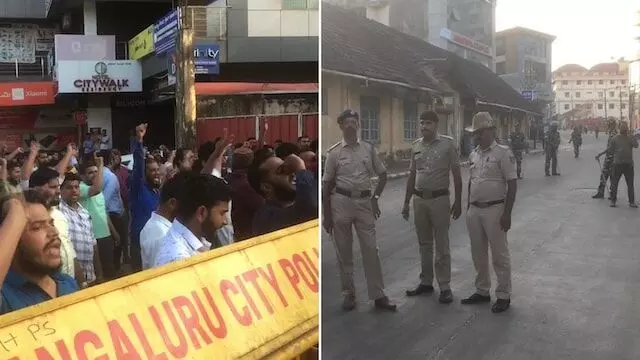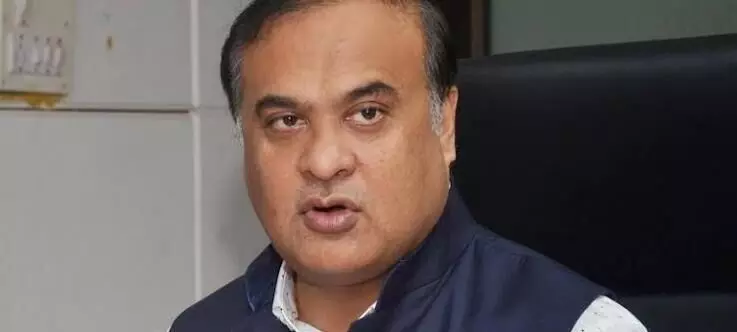
The PFI hunt
text_fieldsOver 100 PFI workers arrested in several states across India. ( Image Source : ANI )
The operation against Popular Front of India (PFI), after extensive planning and closing all loopholes came amidst widespread allegations against repressive crackdowns on adversaries by the government. More than a hundred leaders and prominent activists of PFI were arrested and jailed, their offices and houses raided and equipment and documents seized in fifteen states during the early hours of September 22. The investigation was carried out by NIA and ED, the central agencies already facing charges of being political pawns in the hands of the central government. Among the 19 people arrested in Kerala were the founding leaders of PFI such as Prof. P. Koya, E. Abu Backer, and E.M. Abdul Rahman.
The predecessor of PFI, the National Development Front was formed in Kerala in early 1990s, in the background of the insecurity felt by the Muslim minority following the demolition of Babri Masjid. In 2006 it was transformed into the Popular Front of India. While resisting radical Hindutva and the Sangh Parivar representing it, the PFI also declared as its goal the empowerment of Dalit and backward communities. The organisation mainly focused on youth in its activities. In 2009, it started contesting elections under the banner of its political form, the Social Democratic Party of India (SDPI). Mainstream Muslim political groups generally kept a distance from PFI, which vice versa functioned mostly independent of such groups. The mainstream political parties, who branded the SDPI as an extremist communal movement, have at the same time been accused of covertly allying with the same party, a charge that cannot be dismissed as entirely baseless. The SDPI has been able to make gains, especially in local body elections through local movements. However, the PFI's hallmarks have been fierce opposition to the Sangh Parivar and retaliation against them in the same coin. They have always turned their back to the warnings by moderate forces that this extreme stance would do more harm than good to the minority community in the country's current complex situation. In this context, it cannot be said that the PFI hunt launched by the Central Government with elaborate preparations across the country, was unexpected. In a way, the organization itself might have anticipated that.
Although a ban under Unlawful Activities (Prevention) Act - UAPA, has not been announced as of now, it is clear that the government has initiated measures similar to that of a ban. In February 2018, the state government of Jharkhand banned PFI, but the High Court struck down the ban on the grounds that it did not fulfil the stipulated conditions necessary before a ban. In 2019, the ban was imposed again in the state. As per the latest amendment to the UAPA, the time span for the tribunal to review a ban is five years. Every item of agenda being fast-tracked by the Narendra Modi-Amit Shah-Ajit Doval combine in the second term of the Modi government is part of its rapid strides towards building a Hindu Rashtra. And every step taken since the abrogation of Jammu and Kashmir's special status and the declaration of the state as a union territory bears its clearest indications. The Supreme Court, on the other hand, has not indicated any urgency in considering the petitions challenging the amendment. Probably it will be only after ensuring the prospect of a pro-BJP government coming to power that Jammu and Kashmir will be accorded full statehood. And most measures taken in the state are evidently intended to eliminate the majority status of Muslims there.
In the run-up to the 2024 general elections, although efforts are being made to forge secular unity against the BJP at many levels, Hindutva is managing to thwart them all skillfully. In this context, the deplorable crackdown on PFI is also to be seen as the regime's overdrive to suppress counter voices. In this context, all the parties that talk about secular unity try their best to evade the charge of minority appeasement. Hence the reluctance of any party with a secular face to criticize or denounce the reprisals against PFI. The response of even Rahul Gandhi, the undeclared president of the Congress was that there should be zero tolerance towards any communalism. Even when the RSS was banned twice earlier, it was the precedent of the Congress government to unfairly club it with banning one Muslim organization too. As long as expressions like communalism, extremism, and terrorism are not defined precisely and accurately, those in power will only be able to misuse them. But repressive measures will only end in futility unless the conditions that foster communalism and extremism are eliminated and equal justice is implemented constitutionally.



























